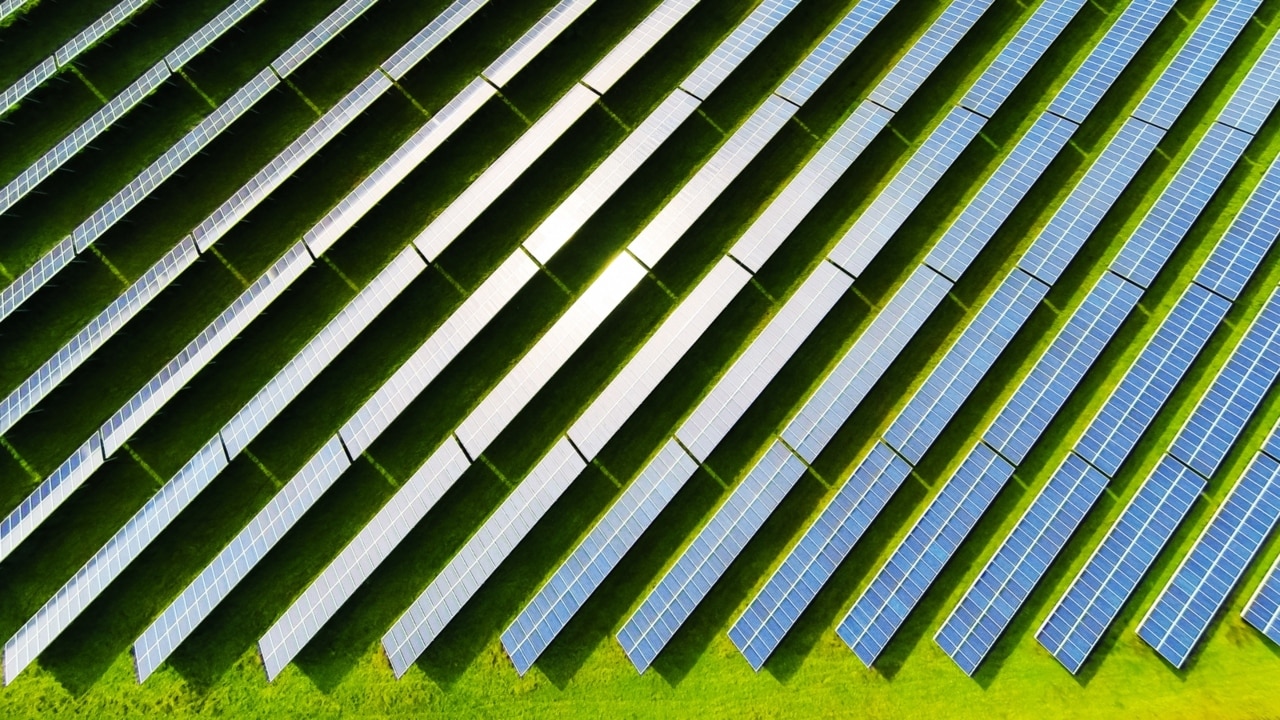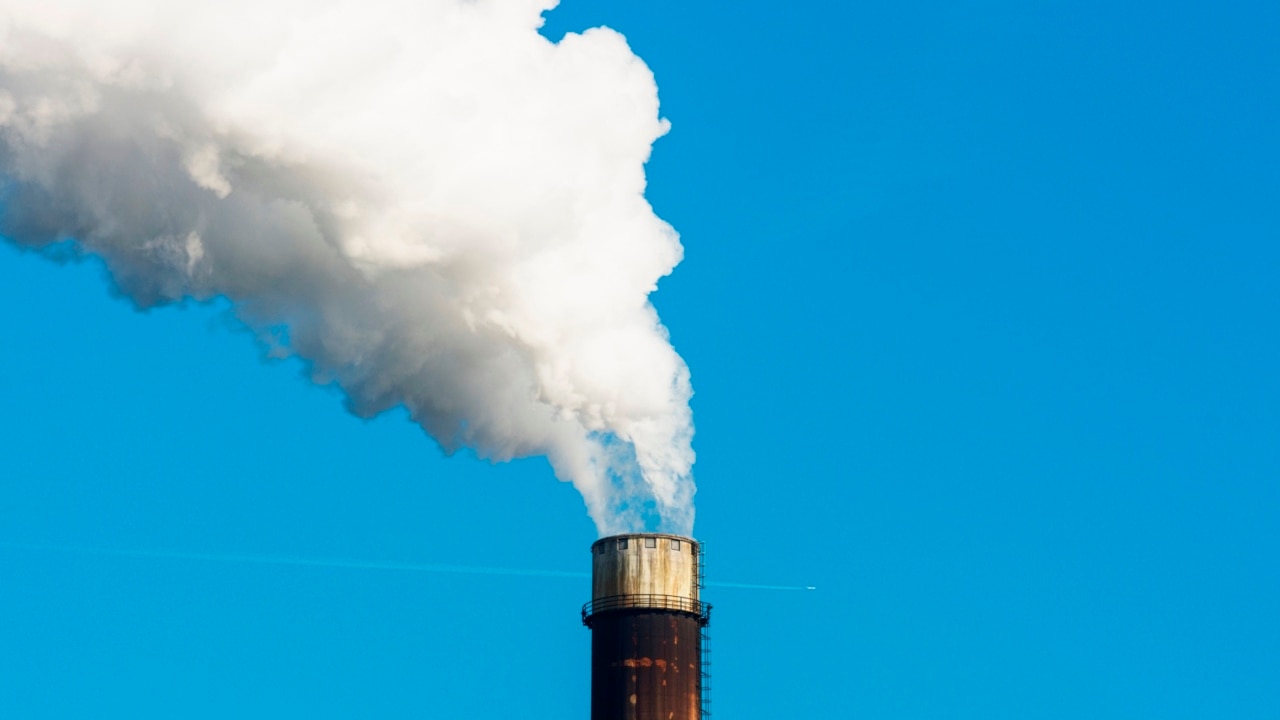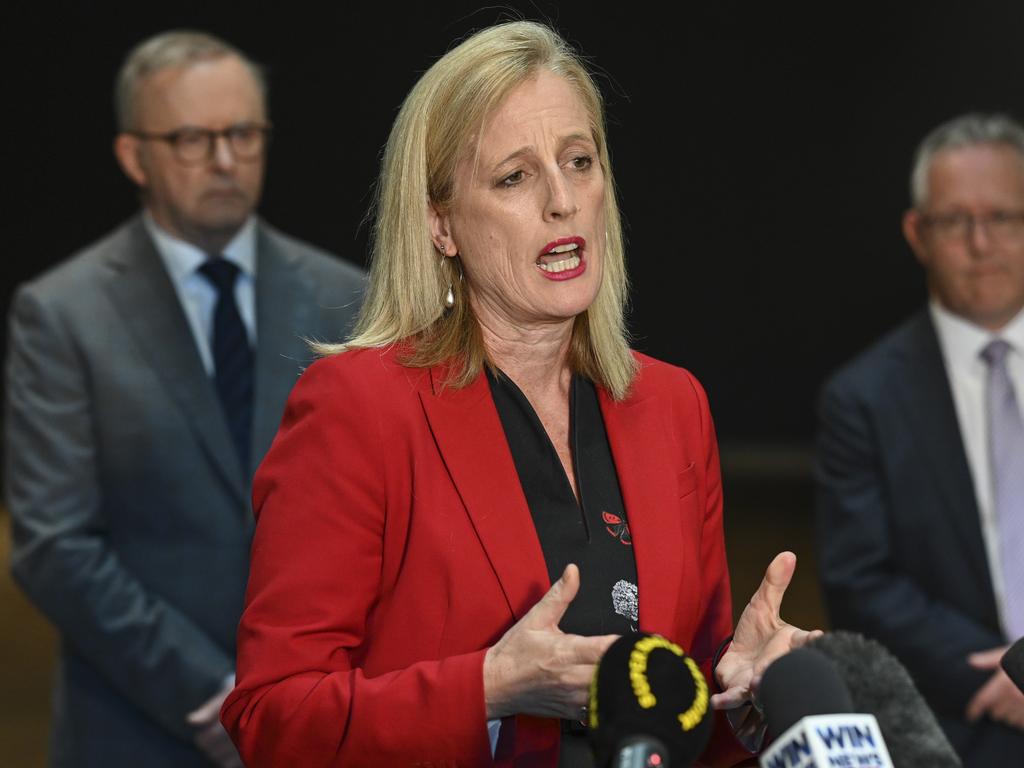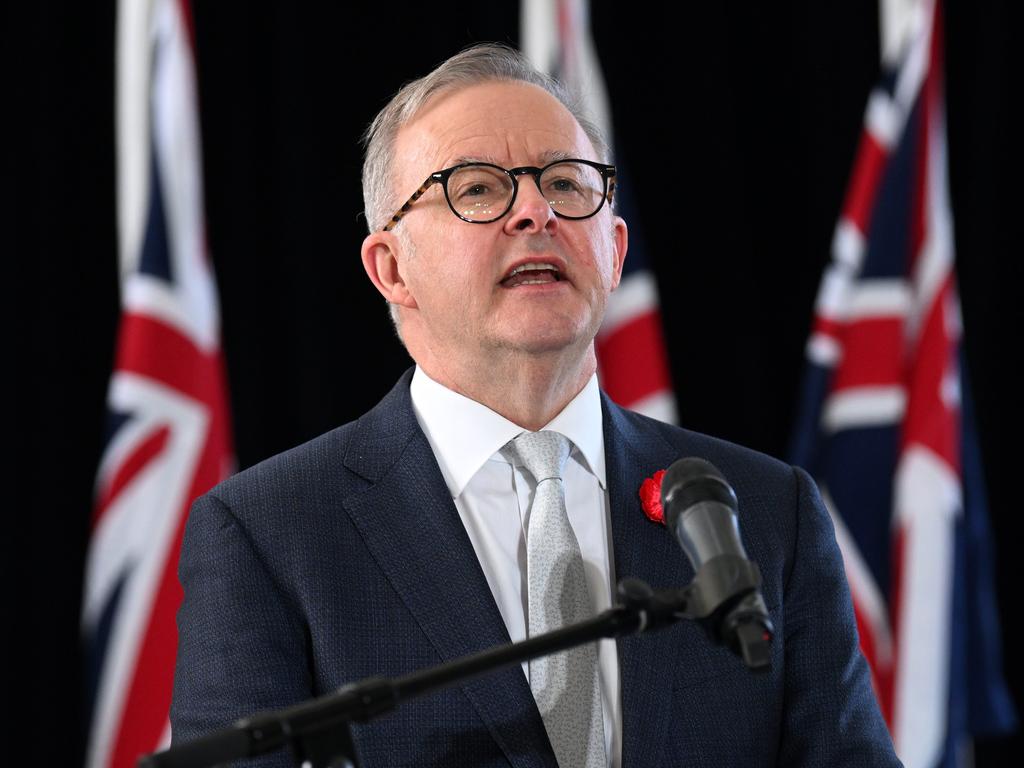Australian ‘energy supply risk’ worries Japan: ambassador Shingo Yamagami
Japan’s corporates fear the reliability of Australia as an energy supplier, warns the outgoing and outspoken ambassador Shingo Yamagami.

The outgoing and outspoken Japanese ambassador to Australia, Shingo Yamagami, has warned in a departure interview that “sovereign risk” is now an active concern among Japan’s corporates and energy companies which fear the reliability of Australia as an energy supplier.
“There shouldn’t be any misunderstanding as to the depths of concern held by Japanese companies because on repeated occasions those concerns have been conveyed to the Australian government,” the ambassador told The Australian.
“Probably for the first time, this word of sovereign risk is coming from the lips of Japanese business leaders, in discussion in boardrooms in Tokyo, and this is something we have to address.
“There is a staggering reliance by Japan on Australia when it comes to energy security. I have this magic number 764 – among Japan’s imports 70 per cent of coal comes from Australia, 60 per cent of iron ore and 40 per cent of gas comes from Australia. But what happening in recent months created an increasing amount of concern on the part of Japanese gas companies and in the trade houses and steel companies.”
Mr Yamagami denied he was being recalled early by Tokyo, branding such claims “malicious”. He said: “Some people are saying my tenure is cut short because I have been maverick and too hawkish on China. Nothing could be further from the truth.”
Nevertheless, Foreign Minister Penny Wong had concerns about the ambassador’s public statements on China and he was cautioned by the Department of Foreign Affairs and Trade about his public remarks.
Asked about the Albanese government’s response to Japan’s energy security fears, he said: “We have received assurances on repeated occasions – even at the level of prime minister – that Australia would remain a stable, reliable source of energy to Japan. So what remains to be seen is how this general principle on the part of the Australian government is going to be reflected in specific measures and policies.”

In short, reassurances are fine but what matters is action, what the Labor government does. In this sense, Mr Yamagami, on his departure, is putting the government on notice.
Uncertainty over Labor’s gas policy has been fuelled by multiple decisions, ministerial comments and pressure from unions and manufacturers to divert gas to the domestic market. Issues include the imposition of gas price caps and a “reasonable” pricing policy, state government hostility to gas extraction, the “safeguards mechanism” deal with the Greens as a potential inhibition on gas development, changes to the Domestic Gas Security Mechanism allowing a domestic gas “trigger” to be used as a last resort and the imminent announcement of higher taxes from review of the Petroleum Resources Rent Tax.
Mr Yamagami said criticism of Australian policy several weeks ago by Inpex Corporation chief Takayuki Ueda in a speech that shocked senior ministers should “not be underestimated and under-valued”.
Mr Ueda alleged Australia’s “quiet quitting” of the LNG business had sinister consequences. He said the investment climate in Australia seemed to be “deteriorating”, extra gas supply was needed, government intervention was counter-productive and Australia’s decisions could prejudice both the climate transition and energy security in the region.
“Mr Ueda’s statement speaks about the depth of concern shared by Japanese actors,” the ambassador said. Mr Yamagami said he had known Mr Ueda for many years, that he had a “rich experience” in both the public and private sector and claims his comments were not shared in Japan were “completely wrong”.

He said energy and resources nationalism in Australia was now “a concern held by a number of Japanese companies”, with many representatives having “come to me and expressed their concern, some calling it a tilt to energy nationalism. That is something we don’t want to see.”
These remarks reflect a cultural divide between the nations, with Japan highly sensitive to energy supply and prone to overreact to Australia’s policy changes while the Albanese government seems impatient and irritated at Japan’s protests.
Mr Yamagami was optimistic at the Australia-Japan relationship. “It has never been better,” he said. “I am bloody lucky to be ambassador at this juncture.”
He said there was an “unprecedented level of interaction” at prime ministerial level. Anthony Albanese went to Japan twice last year. Japan PM Fumio Kishida visited last year and will visit Australia again for the upcoming Quad meeting. Mr Albanese will visit Japan in the near future for the G7 meetings.
“We have agreed to consult on contingencies in this region – that shows how far our two countries have come,” Mr Yamagami said.
He repudiated criticism of his past remarks on China. “It is the right and duty of the Japanese ambassador to convey Japanese perspective to our friends in Australia,” he said. “I am not here to please everybody. That is impossible. Some of my remarks might not be agreeable to all Australians. By and large, I have received a very favourable response.
“I think honest, candid and to the point discussion is essential. In this regard I am a bit concerned about the narrowing of language space in Australia.”

He gave two examples. Some of the hostile reaction to the recent Sydney Morning Herald special articles on China that covered military conflict possibilities across the Taiwan Strait “because that is something we have to discuss in a candid, honest fashion”. The second was a statement made by my “good friend”, the Director-General of ASIO, Mike Burgess, that he faced pressures in his job dealing with the threats from foreign espionage and interference.
Mr Yamagami came under fire earlier this year when he warned Australia to be “vigilant” against China’s military assertiveness. China’s ambassador, Xiao Qian, hit back, saying his Japanese counterpart was not doing his job “properly” and raised the spectre of Japan launching a military invasion of Australia given the World War II legacy.
On China, Mr Yamagami issued a cautionary warning about Australian attitudes and the nature of our China debate. “I am pleased dialogue between Australia and China has resumed,” he said. “Japan wants a stable and constructive relationship with China as well” but the way to manage China was “to stick to principles, you need to keep standing tall”. He had “no intention” of interfering with any Australian government decision but it was “important” for Australia and Japan “to stay on the same page” given the strategic challenge.
In relation to his departure, he said: “I am saddened and dismayed to see comments made by a limited number of people linking my statements to my tenure. My predecessor stayed here less than two years. Did anybody tell him his tenure is getting cut short? Nobody. I have been here for two years and four months.”
His final remark was optimistic: Australia has long enjoyed a “special status” in the minds of Japan’s energy and resource players and this offers a basis of trust to resolve current difficulties.








To join the conversation, please log in. Don't have an account? Register
Join the conversation, you are commenting as Logout